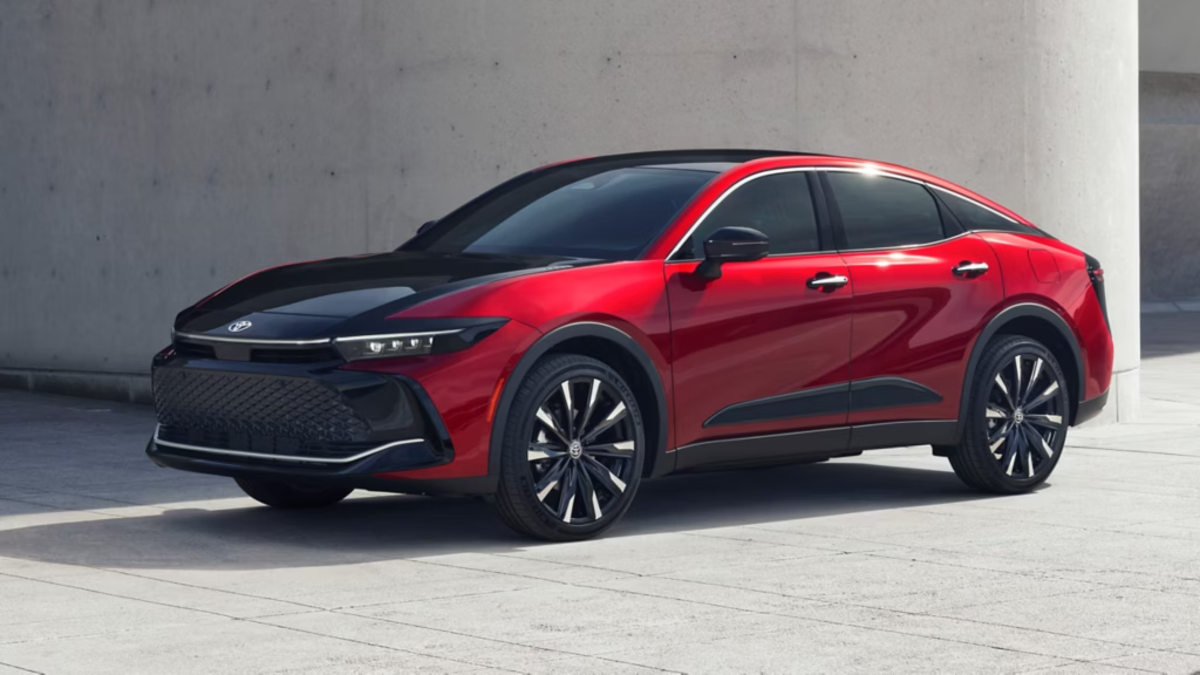Shop At Haya: Your Ultimate Shopping Guide
Discover the best shopping tips, trends, and deals for a smarter buying experience.
Hybrid Cars: The Unexpected Embrace of Gas and Electric
Discover how hybrid cars blend gas and electric power for an eco-friendly drive. Uncover the benefits and surprises behind this trending choice!
Understanding Hybrid Cars: How Gas and Electric Power Systems Work Together
Hybrid cars are innovative vehicles that combine a traditional internal combustion engine (ICE) with an electric propulsion system. This architecture allows them to optimize fuel efficiency while reducing emissions. The two power sources can work in tandem or independently, depending on driving conditions. For example, during low-speed city driving, a hybrid may rely primarily on the electric motor, which produces zero tailpipe emissions. Conversely, during high-speed highway driving, the gasoline engine may take over, providing the necessary power for sustained speeds. This dual-power system not only enhances performance but also extends the range of the vehicle, as the ICE can recharge the battery, ensuring that drivers are not left stranded with a depleted charge.
Understanding how these two systems interact is crucial for appreciating the benefits of hybrid technology. Most hybrid vehicles feature a regenerative braking system that captures energy typically lost during braking and converts it back to electricity, which is then stored in the battery. The car's computer system intelligently decides which power source to use based on factors like acceleration, speed, and battery charge levels. This smart integration reduces the overall environmental impact and improves fuel economy, often achieving better miles per gallon (MPG) than conventional gasoline vehicles. As technology advances, hybrids are becoming more efficient, paving the way for a greener future in the automotive industry.

Are Hybrid Cars the Future of Sustainable Driving?
As concerns about climate change and environmental degradation grow, the automotive industry is facing increasing pressure to innovate towards more sustainable solutions. Hybrid cars have emerged as a leading option, offering a bridge between traditional internal combustion engines and fully electric vehicles. These vehicles combine a gasoline engine with an electric motor, allowing for improved fuel efficiency and reduced emissions. In fact, many models can achieve more than 50 miles per gallon, making them an appealing choice for environmentally conscious drivers.
Moreover, as technology continues to advance, the benefits of hybrid cars are expected to expand further. With many manufacturers investing heavily in hybrid technology, we can anticipate improvements in battery life, performance, and charging infrastructure. The versatility of hybrid vehicles, which can operate in various modes such as electric-only and gasoline-only, makes them a practical option for urban and rural driving alike. Thus, it is reasonable to consider that hybrid cars could play a significant role in shaping the future of sustainable driving, providing an effective transition towards a greener automotive landscape.
The Benefits and Drawbacks of Owning a Hybrid Vehicle
Owning a hybrid vehicle comes with several benefits that appeal to environmentally conscious consumers. Firstly, these vehicles typically offer improved fuel efficiency, which means drivers can save money on gas over time. Additionally, hybrids produce lower emissions compared to traditional gasoline-powered cars, contributing to a reduction in air pollution and greenhouse gases. Moreover, many governments provide incentives such as tax credits and rebates for hybrid owners, making them a more attractive financial option. Finally, the regenerative braking systems in hybrid vehicles enhance performance by converting kinetic energy back into usable power, further improving fuel economy.
However, owning a hybrid vehicle also has its drawbacks. One significant concern is the higher upfront cost, as hybrids can be more expensive to purchase than their conventional counterparts. Furthermore, maintenance can be more complicated due to the dual-power systems, and replacement parts, especially for batteries, may be costly. Additionally, while hybrids are designed for greater fuel efficiency, their performance may not match that of high-performance gasoline vehicles, which can be a drawback for enthusiasts. Finally, the battery life of hybrid vehicles can be a concern, as they typically require replacement after a certain number of miles, leading to potential additional expenses for the owner.